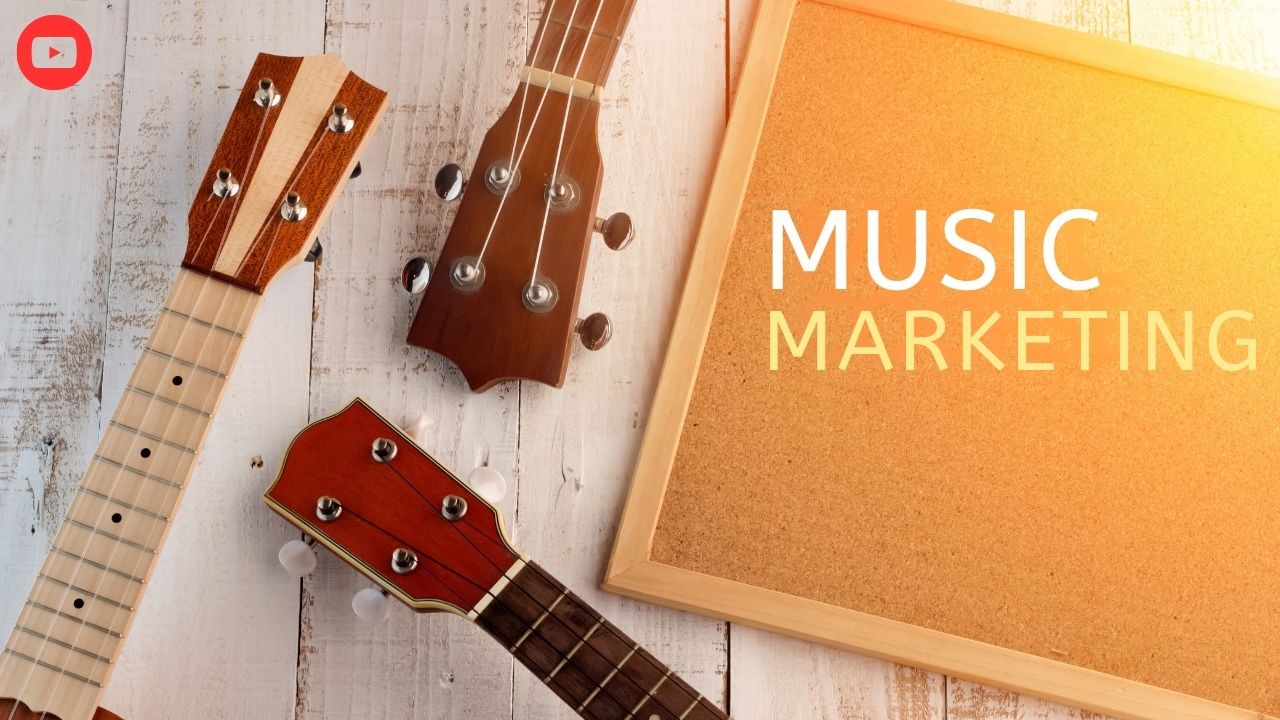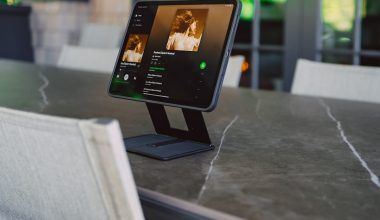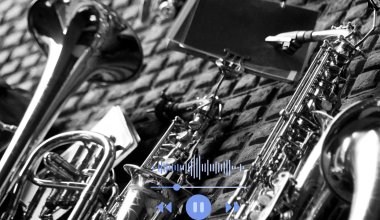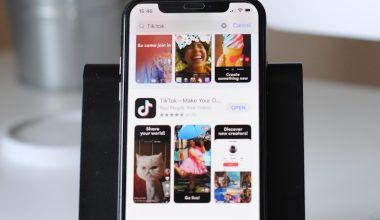Creating music is only half the battle. To truly succeed, artists must master the art of music marketing. Marketing ensures your songs reach the right audience, whether you’re launching a new single, an extended play (EP), or an album.
This blog explores the ins and outs of music marketing, including strategies, tools, and techniques to grow your presence in the industry. Whether you’re an independent artist, DJ, or band, this guide will help you navigate the competitive world of music promotion.
What Is Music Marketing?
Music marketing is the process of promoting your music to attract listeners, grow your fan base, and generate revenue. It involves strategies to distribute, advertise, and build a connection between your music and its audience.
Key Elements of Music Marketing
- Digital Distribution: Ensuring your music is available on platforms like Spotify, Beatport, and Apple Music.
- Social Media Promotion: Using Instagram, Twitter, and TikTok to engage with fans.
- Branding: Developing a consistent and recognizable image.
- Audience Engagement: Building relationships through email lists, fan clubs, and live events.
Effective music marketing ensures your work doesn’t get lost in the noise of the industry.
How to Create a Music Marketing Strategy
1. Define Your Goals
Start by identifying what you want to achieve with your music. Examples include:
- Gaining more streams.
- Increasing social media followers.
- Selling music on platforms like Beatport.
Clear goals help you measure the success of your marketing efforts.
2. Identify Your Audience
Understanding your audience is crucial. Ask yourself:
- Who are my listeners?
- What genres do they love?
- Where do they spend their time online?
Tailor your marketing to align with their preferences.
3. Build a Brand
Your brand is your identity. It includes your music style, visuals, and messaging. A strong brand creates consistency across all platforms, making it easier for fans to connect with you.
Digital Distribution for Music Marketing
One of the first steps in music marketing is ensuring your songs are available on major streaming platforms. Digital distribution services make this possible.
Popular Distributors
- DistroKid: Distributes your music to Spotify, Apple Music, and more.
- TuneCore: Offers tools to track your sales and revenue.
- Beatport: Ideal for electronic and dance music artists.
Uploading your music ensures fans can easily find and stream your songs.
Social media platforms are powerful tools for music marketing. They allow artists to reach fans, promote releases, and build a community.
Top Platforms for Music Marketing
- Instagram: Perfect for visual storytelling through photos, Reels, and Stories.
- TikTok: A hotspot for viral music trends.
- YouTube: Ideal for music videos, lyric videos, and live performances.
- Twitter: Great for engaging in real-time conversations.
- Post consistently.
- Use hashtags like #NewMusic or #MusicMarketing.
- Collaborate with influencers to expand your reach.
Email Marketing for Musicians
Email marketing is often overlooked but remains one of the most effective tools for music promotion.
Why Email Marketing Works
- Direct Communication: Reach fans directly in their inbox.
- Promotional Opportunities: Share tour dates, merch, and new releases.
- Fan Loyalty: Build deeper connections with personalized messages.
How to Build an Email List
- Add a signup form to your website.
- Offer incentives like free downloads or exclusive content.
- Promote your email list on social media.
Email marketing ensures you have a reliable way to engage with your audience.
Content Marketing in Music Promotion
Content marketing focuses on creating valuable content to attract and retain your audience. For musicians, this could include:
- Behind-the-Scenes Videos: Share your creative process.
- Blog Posts: Write about your journey or the meaning behind your songs.
- Live Streams: Host live Q&A sessions or virtual concerts.
Content marketing humanizes your brand and keeps fans engaged.
Spotify Playlists and Music Marketing
Getting your music added to playlists is one of the most effective ways to boost streams on Spotify.
How to Pitch Your Songs to Playlists
- Use Spotify for Artists to pitch your songs to editorial playlists.
- Reach out to independent playlist curators.
- Promote your songs on social media to increase organic playlist additions.
Benefits of Playlist Placement
- Increased exposure.
- Boosted streams and royalties.
- Greater chances of discovery by new listeners.
Spotify playlists are a vital component of any music marketing strategy.
Collaborations in Music Marketing
Collaborations with other artists, influencers, or brands can amplify your reach.
Types of Collaborations
- Feature on Songs: Collaborate with other artists for cross-promotion.
- Social Media Partnerships: Work with influencers to promote your music.
- Brand Sponsorships: Partner with brands that align with your style.
Collaborations create opportunities to reach new audiences while building credibility.
Advertising in Music Marketing
Paid advertising can complement organic efforts by targeting specific audiences.
Best Platforms for Music Ads
- Facebook and Instagram Ads: Great for promoting new releases.
- YouTube Ads: Showcase music videos to a global audience.
- Spotify Ad Studio: Run audio ads targeting specific listener demographics.
Investing in ads can accelerate your growth and ensure your music reaches the right people.
Live Events and Music Marketing
Live performances are a traditional but highly effective form of music marketing.
Tips for Promoting Live Events
- Use social media to announce dates.
- Collaborate with local artists or venues.
- Sell tickets directly through your website.
Live events create memorable experiences, strengthening the bond between you and your fans.
Measuring Music Marketing Success
To ensure your efforts are paying off, track key metrics like:
- Streaming Numbers: Monitor Spotify or Beatport streams.
- Social Media Engagement: Track likes, shares, and comments.
- Website Traffic: Analyze visits to your artist page or merch store.
- Revenue Growth: Measure sales from music, merch, and tickets.
Regularly evaluating your performance helps refine your strategy.
Final Thoughts
Music marketing is an essential skill for any artist aiming to succeed in the industry. From social media to playlist pitching, email marketing, and live events, there are countless ways to promote your music effectively.
By creating a strong strategy and leveraging the right tools, you can connect with your audience, grow your fan base, and achieve your career goals.
Related Articles:
For further reading, explore these related articles:
- The Ultimate Guide to Digital Marketing for the Music Industry
- Exploring Affiliate Marketing in the Music Industry: A Comprehensive Guide
- Major Things Artist Managers are Responsible For—Marketing for Musicians
For additional resources on music marketing and distribution, visit Deliver My Tune.






